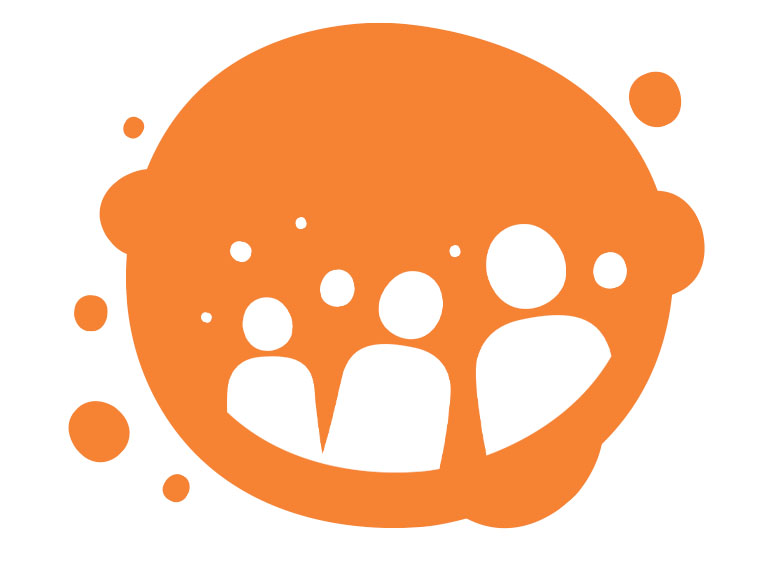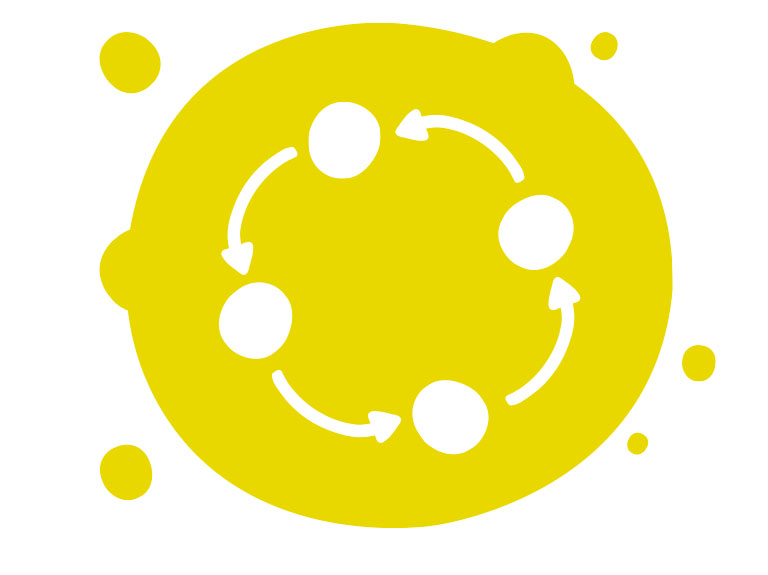French production
A toy made in France
Kojo is 100% produced in France! More precisely in the Great West. The plates are made in Rennes and the clamps are designed in Nantes.
This unlikely mix results in a toy that comes to life entirely in our regions. You can almost smell the cider and the pancakes.
A very short production circuit that encourages and supports the local economy while being part of a circular economy approach.

The benefits of made in France
The quality
It’s not to be chauvinistic, but we have a real know-how in France, we know how to do it. The advantage of having a toy made in France is that we have total control over the production and especially over the quality. Selecting quality materials ensures a durable and reusable toy. A concept that is the basis of eco-responsibility.
Thus, from the beginning our project was thought from A to Z in an eco-design perspective and we immediately decided to produce in France.


The social
Secondly, producing in France has the virtue of re-industrializing territories that are in great need of it. A toy with an ecological approach does a service to the planet, but also to society by creating activity and jobs. On our scale of course (but larger than Kojo’s).
Another important aspect of Kojo is that it is manufactured according to socially responsible standards.
The made in France has this aspect of being able to value the local products. France is known worldwide for its quality products. Kojo is part of this desire to offer a construction game that honors our know-how.
The circular economy
Kojo is a child of the circular economy.
In a market where consumers are demanding more and more transparency, it was important for Kojo to give meaning to our game.
To produce a construction toy in a sustainable way by limiting the consumption and waste of resources has become our intention. Extracting, manufacturing, consuming, throwing away is no longer sustainable and this is not what consumers want.
Also, a recycled product is not always environmentally responsible, especially when it travels around the world to get to you.
It is necessary to reconsider our logistics and take advantage of local and eco-responsible ecosystems, from manufacturing to distribution to the consumer.
This is what we did with Kojo by joining forces with partners in the region.
